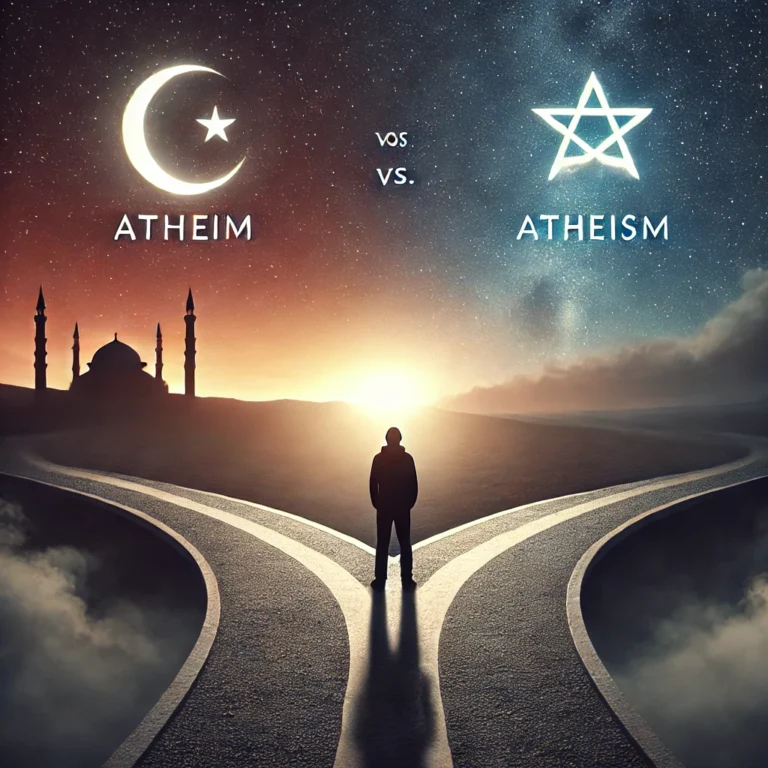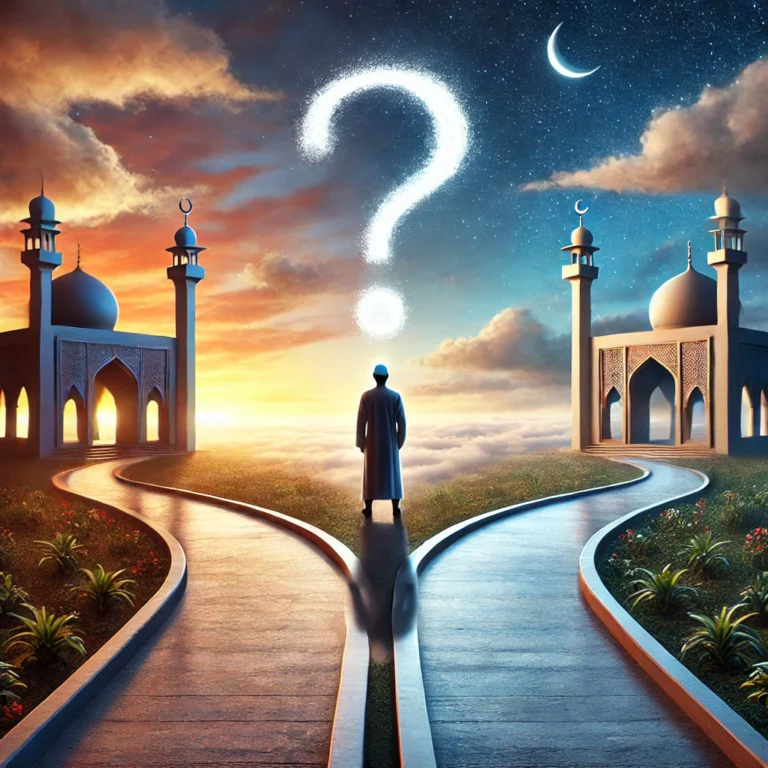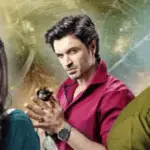Table of Contents
The recent Pakistani drama Barzakh, featuring renowned actors Fawad Khan and Sanam Saeed, has sparked significant controversy and backlash across social media platforms. Released on July 19, 2024, the show quickly became a focal point of heated debates, primarily due to its exploration of queer themes and sensitive subjects, including mental health and generational trauma.
Public Backlash and Boycott Calls
Following the airing of certain scenes, particularly one that suggested a same-sex kiss between characters portrayed by Khan and Franco Giusti, viewers expressed outrage. Critics accused the series of promoting an LGBTQIA+ agenda, leading to calls for a boycott of the show and its cast members. Social media was flooded with comments from disappointed fans who felt that Barzakh contradicted cultural and religious values. Some users even went so far as to call for the removal of the series from platforms like YouTube, which ultimately occurred. The creators announced that Barzakh would be withdrawn from YouTube in Pakistan effective August 9, 2024, citing the need to respect public sentiment while thanking their global audience for support.
As the backlash intensified, many fans expressed frustration over the decision to pull the show, arguing that it reflected an unprogressive stance against diverse narratives in Pakistani media. Supporters of the series highlighted the importance of addressing complex social issues through drama, emphasizing that fiction can serve as a mirror to society rather than merely a reflection of accepted norms.
Rubina Ashraf’s Defense
Amidst the uproar, veteran actress Rubina Ashraf emerged as a vocal defender of Barzakh. In a recent appearance on the morning show Subh Saveray Samaa Ke Saath, she articulated her belief that dramas should reflect societal realities, even when those realities are uncomfortable. Ashraf pointed out that previous Pakistani dramas, such as Udaari and Mayi Ri, tackled taboo subjects like incest and domestic abuse, suggesting that Barzakh is merely following in that tradition by addressing contemporary issues like queer love and mental health struggles.
Ashraf stated, “Barzakh is simply another example of a drama that mirrors certain aspects of society. People have the choice to engage with it or not, but the show is offering a perspective on the world as it is.” Her comments underscore a critical discussion within the entertainment industry about the role of media in challenging societal norms and fostering dialogue about marginalized communities.
Public Reaction to Ashraf’s Comments
The public’s reaction to Ashraf’s defense has been mixed. While some fans applauded her for taking a stand in favor of artistic expression and diversity, others criticized her for not acknowledging the cultural sensitivities surrounding the portrayal of LGBTQIA+ themes in Pakistan. This division reflects a broader societal struggle between progressive values and traditional beliefs, particularly in the context of media representation.
The controversy surrounding Barzakh highlights the complexities of cultural narratives in Pakistan. As the nation grapples with issues of representation and acceptance, the dialogue initiated by both the drama and Ashraf’s defense serves as a crucial step in addressing these challenges. Whether Barzakh will ultimately be remembered as a catalyst for change or a flashpoint in cultural conflict remains to be seen, but it undeniably opens the floor for important conversations about identity, acceptance, and the role of media in society.







